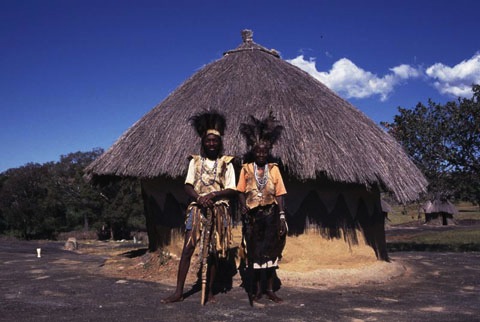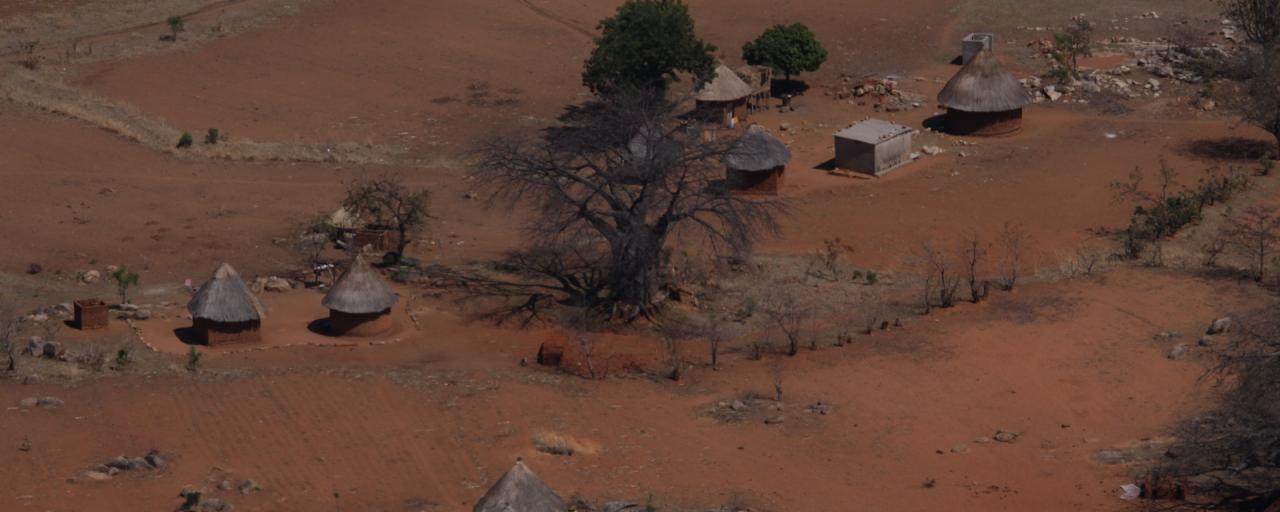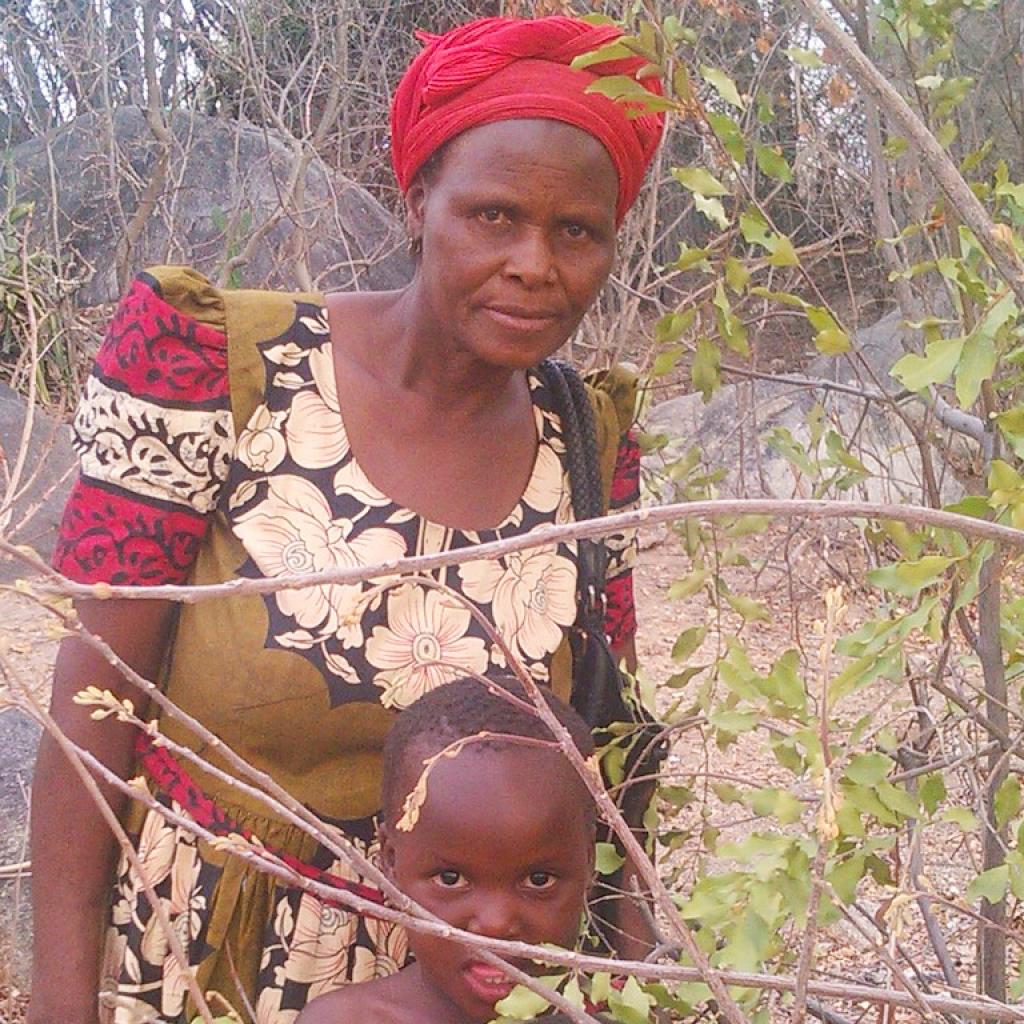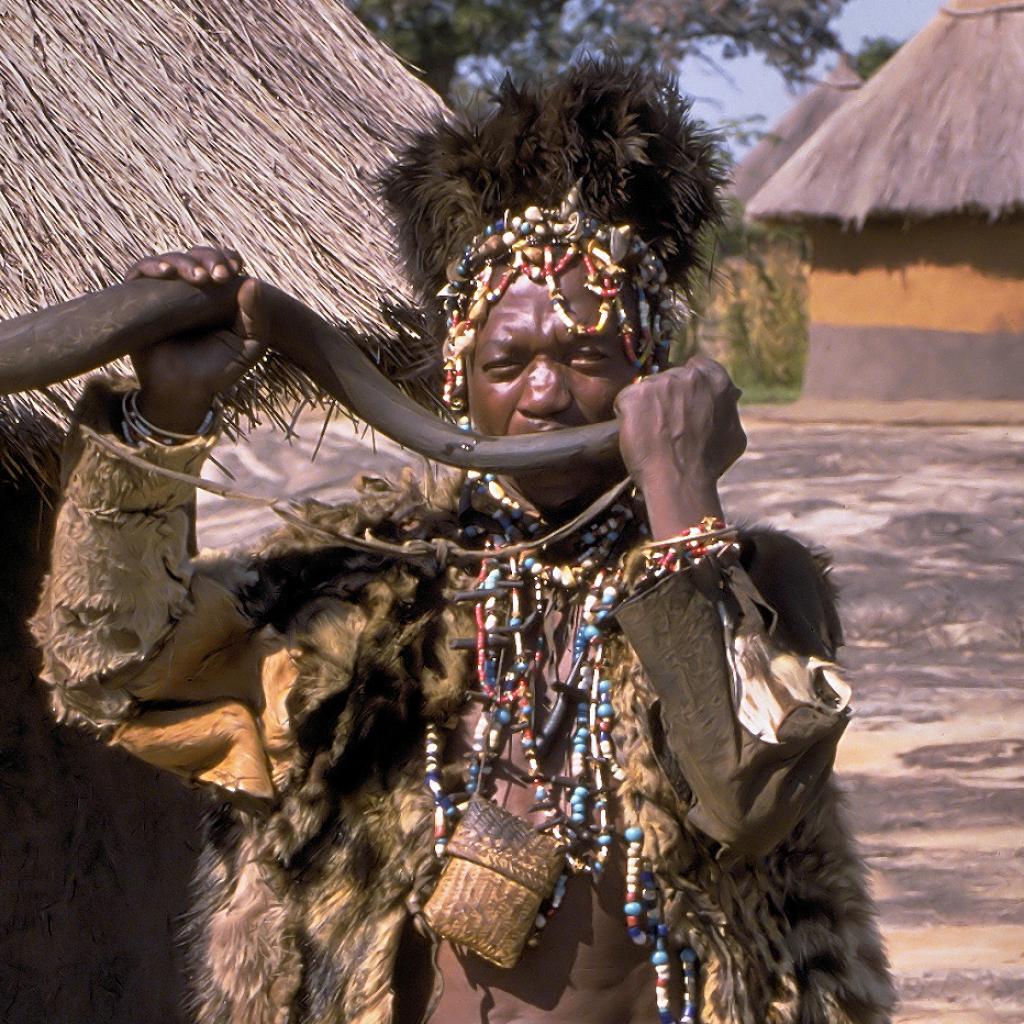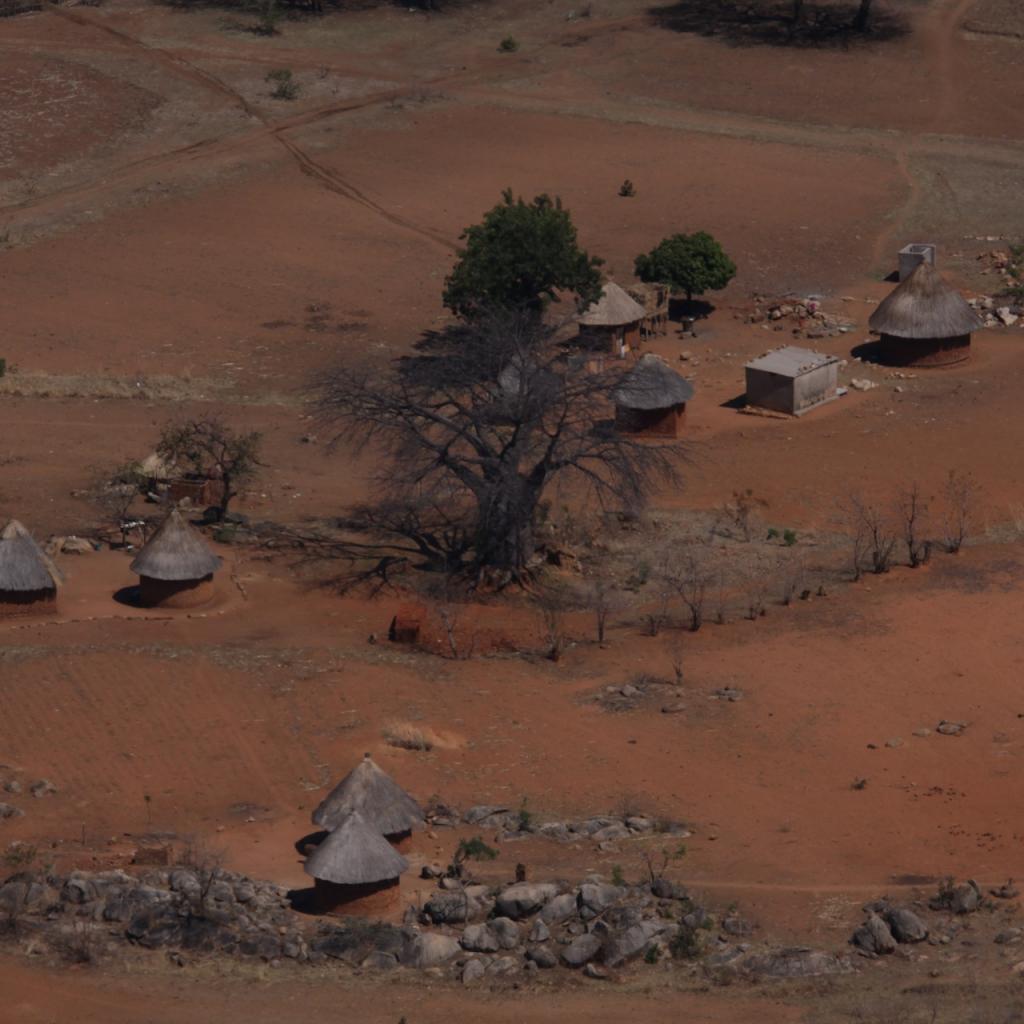The first news of the Shona, from a historical point of view, date back to the VII century when they settled in the highlands of today's Zimbabwe.
Some groups belonging to the Shona founded, over the centuries, some powerful kingdoms that extended their dominion and influence far beyond today's national borders: especially the Empire of Mutapa, founded by the Karanga in the XV century, also known by the name of Monomotapa and the Kingdom of Rozwi, founded by the Rozwi, another Shona group.
Great Zimbabwe, whose origin and foundation has not yet been attributed with certainty to one population, was the capital of Mutapa and the current name of the country derives from this place; the name "Zimbabwe" is derived from "dzimba-dza-mbwe" that in the Karanga language, means "large stone houses."
Subsequently, the Karanga moved their capital to Khami and founded the Kingdom of Butua or Butwa, but soon the Rozwi, another group belonging to the Shona ethnicity, took control of the highlands of today's Zimbabwe and of the most part of Southern Africa.
These kingdoms were defeated by other ethnic groups who arrived in the highlands, the Zulus defeated the Kingdom of Rozwi and part of its territories were later conquered by the Ndebele, while the Empire of Mutapa was overwhelmed by the expansion of the Portuguese along the coasts of today Mozambique who began to trade with Arab and Asian merchants, replacing in fact the Karanga of Mutapa.
The Shona were subdued by the Ndebele for about a century until, in the late XIX century, they revolted; this uprising is known with the name of Chimurenga, a term that, from that moment onwards, identified all revolts implemented by the Shona.
Even during the colonial period the Shona did not go through a period in their favor, at first Cecil Rhodes struck a deal with the Ndebele that, against some weapons and a steam boat, granted him the exploitation of mineral resources, later, Ian Smith saw in the Ndebele allies while the Shona were considered enemies of the government of Rhodesia.
In this period the Shona founded the ZANU, Zimbabwe African National Union, a very violent party, led by Robert Mugabe with the support of the USSR, strongly opposing the white government.
The ZANU led many protests and armed struggles that escalated quickly into civil war, with the support of neighboring countries that had already achieved independence from the Europeans.
After a transitional period, at the end of Ian Smith government, in 1980 the voting was held in Zimbabwe, the ZANU won by a large majority and Robert Mugabe became the first black head of the government of the country.
In the following years, Mugabe increasingly centralized more power in his hands and those of his clan; he implemented a series of reforms to encourage whites to leave the country and persecuted the Ndebele in revenge for the domination suffered in the past and, above all, for the support that they gave to the government of Ian Smith.
Without much political and economic experience, abandoned by the USSR, after its disintegration, and as a result of the economic sanctions suffered for the violation of human rights in respect to the Ndebele, the Mugabe government was unable to manage the country, from being known as the "Switzerland of Africa", it became one of the poorest countries in the world.
